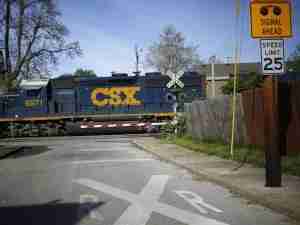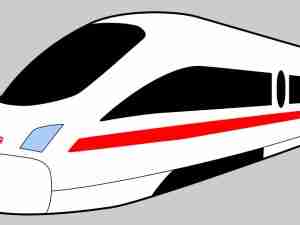Oil train accident brings calls for tougher US safety rules
By: Reuters | Feb 18 2015 at 04:42 PM | Intermodal
A fiery oil train derailment in West Virginia this week exposes lax safety standards and strengthens the case for tougher U.S. rules governing such shipments, safety advocates said.
A 109-car delivery of crude oil from North Dakota’s Bakken energy patch derailed in West Virginia on Monday, setting at least nine cars ablaze. It was the latest accident to draw attention to risks of moving high volumes of fuel by rail.
“These incidents are making the case for us,” said Karen Darch, mayor of Barrington, Illinois. Several oil and ethanol trains pass through her town weekly, and she has been a vocal advocate for stricter regulations.
This month, the U.S. Department of Transportation sent a safety plan to the White House for final review.
That proposal would have oil trains fitted with advanced braking systems to prevent pileups and tougher shells akin to those carrying volatile propane gas on the tracks.
Oil and rail leaders have backed some safety upgrades but have said regulations should not unduly hinder commerce.
The American Petroleum Institute and Association of American Railroads have worked together on oil train safety and are eager to see the final safety plan, a spokesperson for each trade group said.
The West Virginia derailment came on the same CSX Corp line that crosses through Lynchburg, Virginia, where another oil train derailed in April.
It also came a day after a delivery of crude oil jumped the tracks in a rural area of Ontario, setting several tankers ablaze.
Canadian and U.S. officials have grappled with how to respond to oil train dangers since a runaway delivery of Bakken fuel killed 47 people in the Quebec town of Lac-Mégantic.
“Incidents such as these are what kept us focused,” said Cynthia Quarterman, former administrator of the U.S. Transportation Department’s Pipeline and Hazardous Materials Safety Administration.
Railside mayors and first responders say officials are hearing their pleas.
API and the Association of American Railroads (AAR) have said the oil and rail sectors have been ready for new safety standards for years.
“Our industry awaits the final rule,” said Ed Greenberg of AAR.
Several tank car companies including Greenbrier Company Inc , American Railcar Industries Inc, Trinity Industries Inc and GATX Corp are expected to be affected by new oil tanker safety rules. (Reuters)







